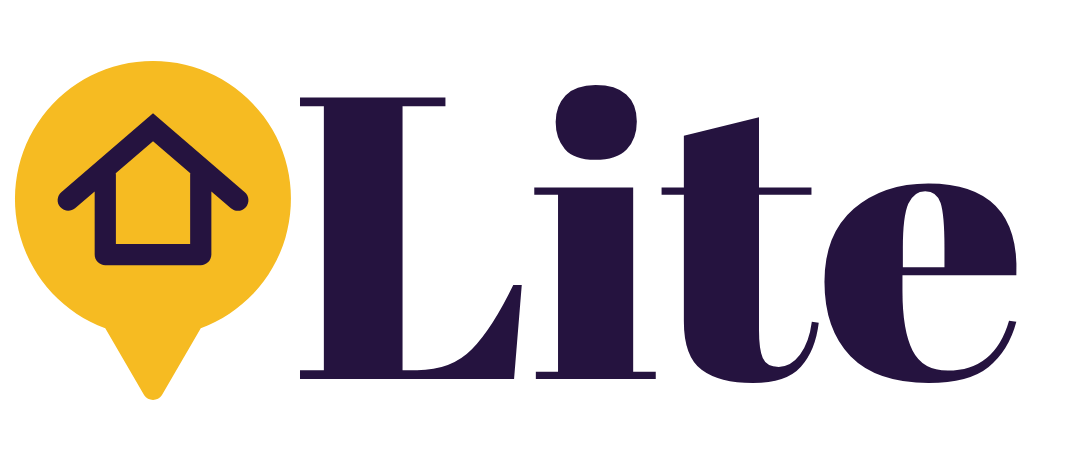How to Get a Mortgage as a First-Time Buyer Without a Deposit
Buying your first home is an exciting milestone, but saving for a deposit can be a significant hurdle. The minimum deposit required for a traditional mortgage will be 5% of the property purchase price. This can be sourced from savings, but also a family gift.
Fortunately, there are options available for first-time buyers to secure a mortgage without a deposit. Here’s a guide to help you navigate this process.
Understanding No Deposit Mortgages
A no deposit mortgage, also known as a 100% loan-to-value (LTV) mortgage, allows you to borrow the entire purchase price of the property. These mortgages are less common and come with specific requirements and considerations.
Types of No Deposit Mortgages
100% LTV Mortgages: There will be mortgage lenders such as Skipton Building Society who can consider an application without a deposit, subject to eligibility criteria such as:
- no missed payments on other commitments (e.g., subscriptions, mobile phone bills) in the past six months
- renting for at least 12 consecutive months out of the past 18 months and have paid your rent on time
- up to date on household bills (e.g., council tax, utilities) for at least 12 consecutive months out of the past 18 months
Guarantor Mortgages: A guarantor mortgage involves a family member or friend who agrees to cover your mortgage payments if you’re unable to. The guarantor’s property or savings are used as security.
Family Deposit Mortgages: Some lenders offer family deposit mortgages where a family member places their savings into a linked account with the lender. This acts as a security for your mortgage.
For example: Barclays offer a Family Springboard mortgage product which will require no deposit. In this situation your family or loved ones can provide 10% of the property’s price as security held in a fixed savings account with the bank.
Family Offset Mortgages: Similar to family deposit mortgages, but the family member’s savings are offset against the mortgage, reducing the interest you pay.
Alternative Low Deposit Mortgages
Government Schemes: In the UK, the government offers schemes like the 95% Mortgage Guarantee Scheme & Deposit Unlock Scheme, which helps first-time buyers secure a mortgage with a smaller 5% deposit.
The Shared Ownership Scheme allows you to buy a share of a property (typically between 25%-75%). You would then pay rent on the remaining share to the housing association or private developer that owns the building. This scheme can make homeownership more affordable as you can start with a smaller share and increase your ownership over time. You can also choose to purchase 100% of the share without needing a cash deposit.
Help building up your savings for a deposit
It is also worth considering setting up a Lifetime ISA, as you can get a 25% government bonus up to £1,000 a year to use towards to buying your first home.
Pros and Cons of obtaining a mortgage with no deposit
Pros:
No Need for a Large Deposit: The most obvious benefit is that you don’t need to save a large sum of money for a deposit.
Faster Home Ownership: Without the need to save for a deposit, you can potentially buy a home sooner. This means you can building up equity sooner, with rising property prices and pay off towards the capital of the mortgage, instead of paying towards your rent.
Cons:
Higher Interest Rates: No deposit mortgages often come with higher interest rates, increasing your monthly payments.
Negative Equity Risk: If property prices fall, you may have an outstanding mortgage amount, greater than your property value. This situation is known as ‘negative equity’ and it can prevent you from remortgaging to a different property. Therefore, at risk of being a mortgage prisoner – as you are unable to switch your mortgage provider.
Stricter Eligibility Criteria: Lenders may have stricter criteria, making it harder to qualify.
Risk to Guarantor: If you opt for a guarantor mortgage, your guarantor’s assets are at risk if you default on payments.
Conclusion
While getting a mortgage without a deposit can be challenging, it’s not impossible. By understanding your options, preparing thoroughly, and seeking professional advice, you can take the first step towards owning your home. Remember to weigh the pros and cons carefully and speak with a mortgage adviser to help you find the option that best suits your financial situation and long-term goals.
If you need any specialist mortgage advice on your own personal situation, please don’t hesitate to give us a call.
Credit: Image by freepik





Leave a Reply